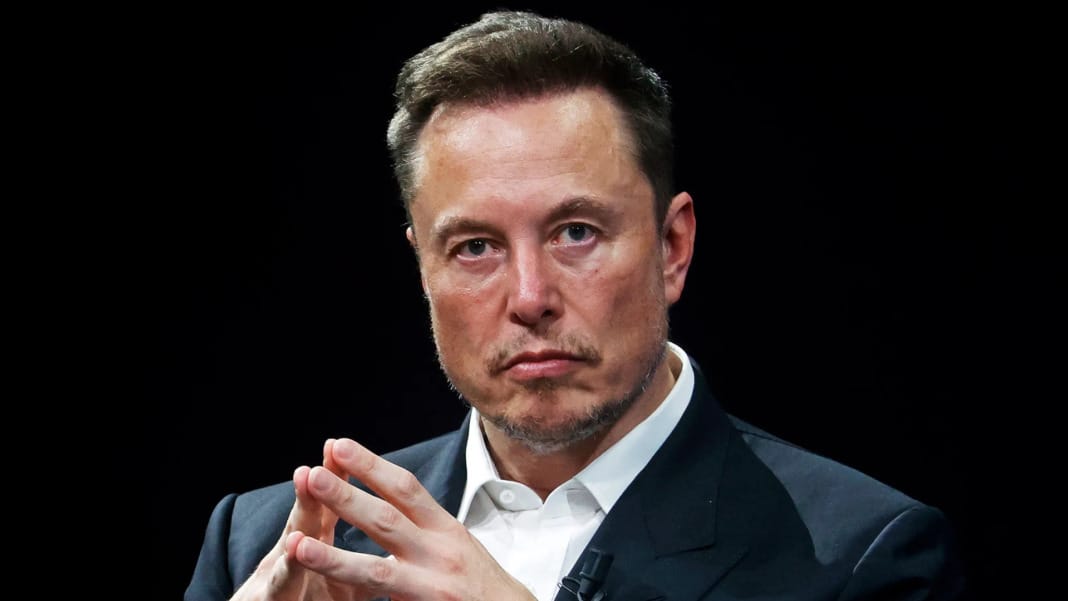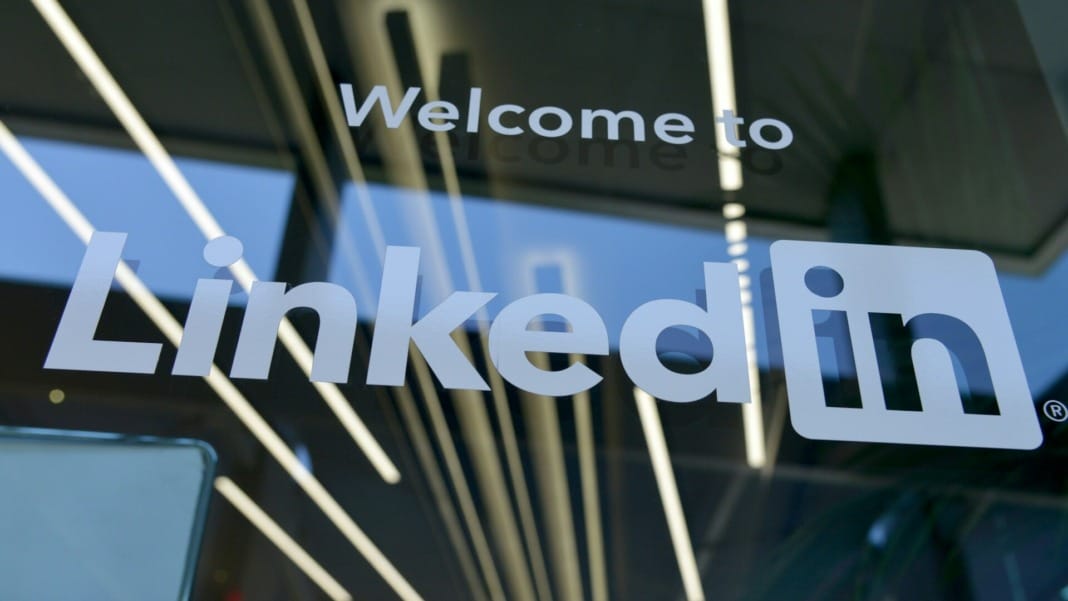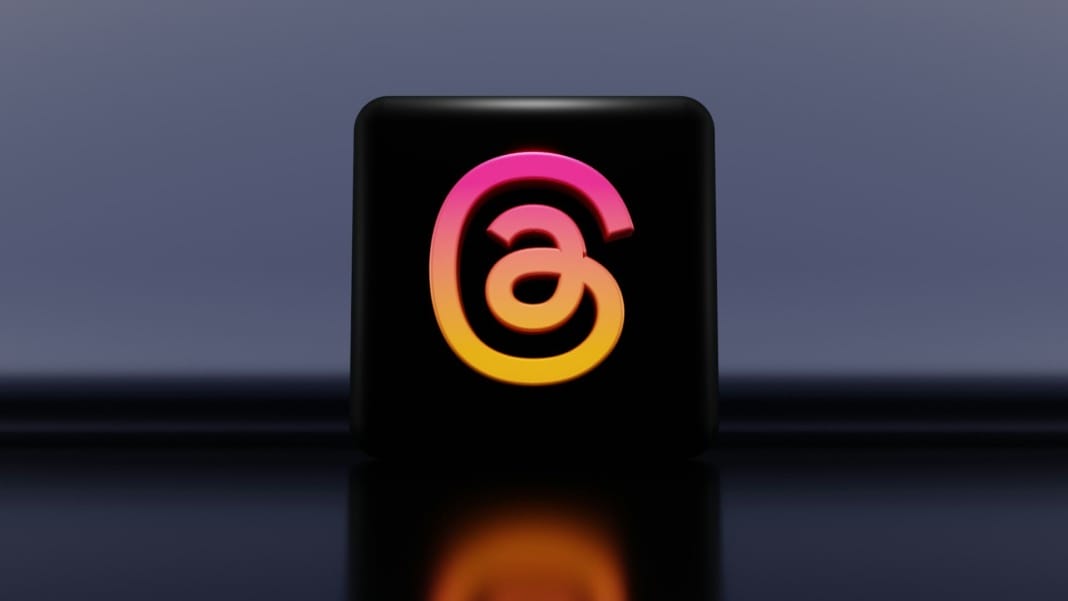In a significant legal move, Elon Musk, the visionary behind Tesla and SpaceX, has filed a lawsuit against OpenAI, a pioneering AI research firm he co-founded. The lawsuit, lodged at the San Francisco Superior Court, accuses OpenAI’s current leadership, specifically CEO Sam Altman and Chairman Greg Brockman, of straying from the company’s founding principles. Musk alleges that OpenAI, under their direction, has shifted its focus towards profit generation, primarily for Microsoft, rather than pursuing its original mission of developing artificial general intelligence (AGI) for the betterment of humanity.
The core of the conflict: A shift from open-source ethos
Musk’s legal action revolves around what he perceives as a departure from OpenAI’s initial commitment to open-source and humanitarian principles. The lawsuit highlights that OpenAI, originally established as a counterbalance to other profit-driven AI endeavours, has gradually moved towards a more commercial model. This shift, according to Musk, is exemplified by the handling of GPT-4, the latest iteration of OpenAI’s language model. Unlike its predecessor, GPT-3, which was openly shared with the public, GPT-4’s details have been kept under wraps, with OpenAI citing safety as the reason. Musk, however, argues that this secrecy is more about protecting commercial interests, especially given the model’s integration into Microsoft’s paid Office suite.
Musk’s response to the shift: Founding xAI
Reacting to what he considers a betrayal of OpenAI’s original intent, Musk has launched his own AI venture, xAI. This new venture aims to create AI systems that focus on understanding the universe, a stark contrast to the profit-oriented path he accuses OpenAI of taking. xAI has made a splash in the AI world with its chat assistant, Grok, and has been successful in attracting top talent from renowned institutions and companies, signalling a growing divide in the AI development community.
The lawsuit’s objective: A return to foundational values
Through his lawsuit, Musk is essentially demanding that OpenAI revert to its foundational ethos: the development of AGI as a non-commercial, public-serving endeavour. This legal step is part of a series of Musk’s public criticisms of OpenAI’s increasing alignment with Microsoft and its move away from an open, non-profit approach. This battle is not just a legal matter but represents a larger debate over the future direction of AI development, pitting commercial interests against the vision of technology as a universal good.
This lawsuit underscores the challenges and ethical considerations in the rapidly evolving field of AI. It raises critical questions about the responsibilities of AI research organisations and the influence of commercial partnerships on their missions. As AI continues to advance, the outcome of this case could set important precedents for how such technology is developed, shared, and used in the future.





